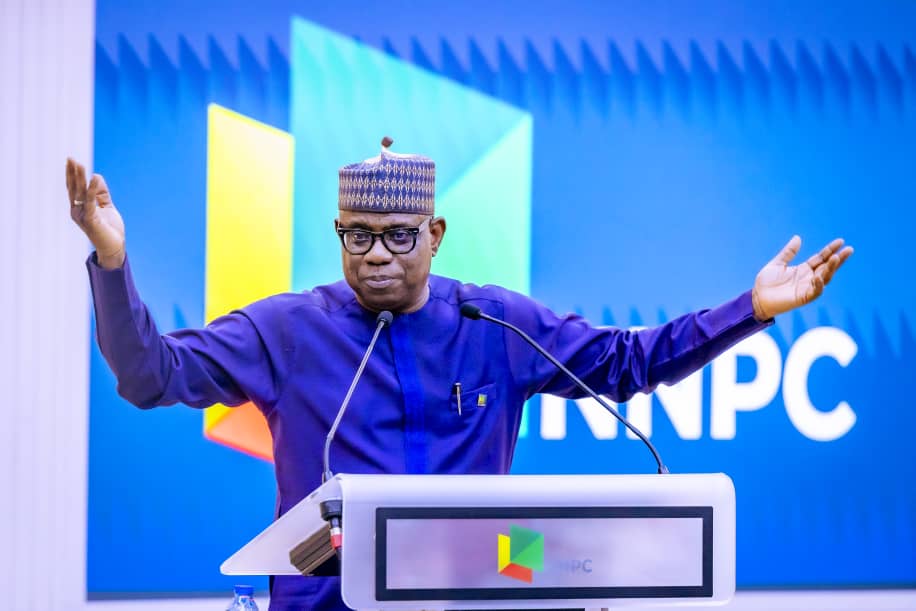The Nigerian National Petroleum Company Limited (NNPCL) has revealed massive financial and operational losses following the three-day strike by the Petroleum and Natural Gas Senior Staff Association of Nigeria (PENGASSAN).
In a letter dated September 29, 2025, and sent to top regulatory agencies and security authorities, Group Chief Executive Officer, Bashir Ojulari, disclosed that the industrial action led to the deferment of 283,000 barrels of crude oil per day, 1.7 billion standard cubic feet of gas daily, and over 1,200 megawatts of power generation. This represented about 16% of national oil production, 30% of marketed gas, and 20% of electricity supply, piling immediate pressure on revenue and energy security.

Ojulari warned that if the action had continued, the impact would have “intensified, posing a material threat to national energy stability.” He added that five major scheduled maintenance activities were disrupted, while crude exports and gas sales suffered delays that triggered demurrage costs at international terminals.
The strike, which began on September 28, stemmed from allegations that Dangote Refinery was carrying out mass transfers, sacking union members, and replacing Nigerian staff with expatriates — claims the refinery has denied, citing operational needs.
The face-off escalated after PENGASSAN cut off crude and gas supply to the 650,000-bpd refinery, forcing shutdowns across key terminals, gas plants, and power facilities.
Although the strike has been suspended following Federal Government intervention, union president Festus Osifo stressed it was only a temporary truce.
“We are suspending, not calling off. If any part of this agreement is broken, we will resume immediately,” Osifo said at a press briefing in Abuja.
He dismissed claims that the dispute was about union dues, describing them as “laughable,” insisting the fight was for workers’ welfare, fair pay, and freedom of association.

Osifo also rejected suggestions that the action threatened Dangote’s $20bn investment, noting that oil majors like Shell, Chevron, and TotalEnergies have operated for decades with thousands of PENGASSAN members without disruption.
He maintained that Dangote workers voluntarily joined the union in search of better conditions, adding:
“Any other narrative is zero. Their salaries are meagre compared to industry standards. They want their lives to be better, and that is why we accepted them.”
Despite the government-mediated truce, Osifo said the union remained skeptical of Dangote’s sincerity and would closely monitor compliance with the communique signed under the supervision of the Ministry of Labour.




